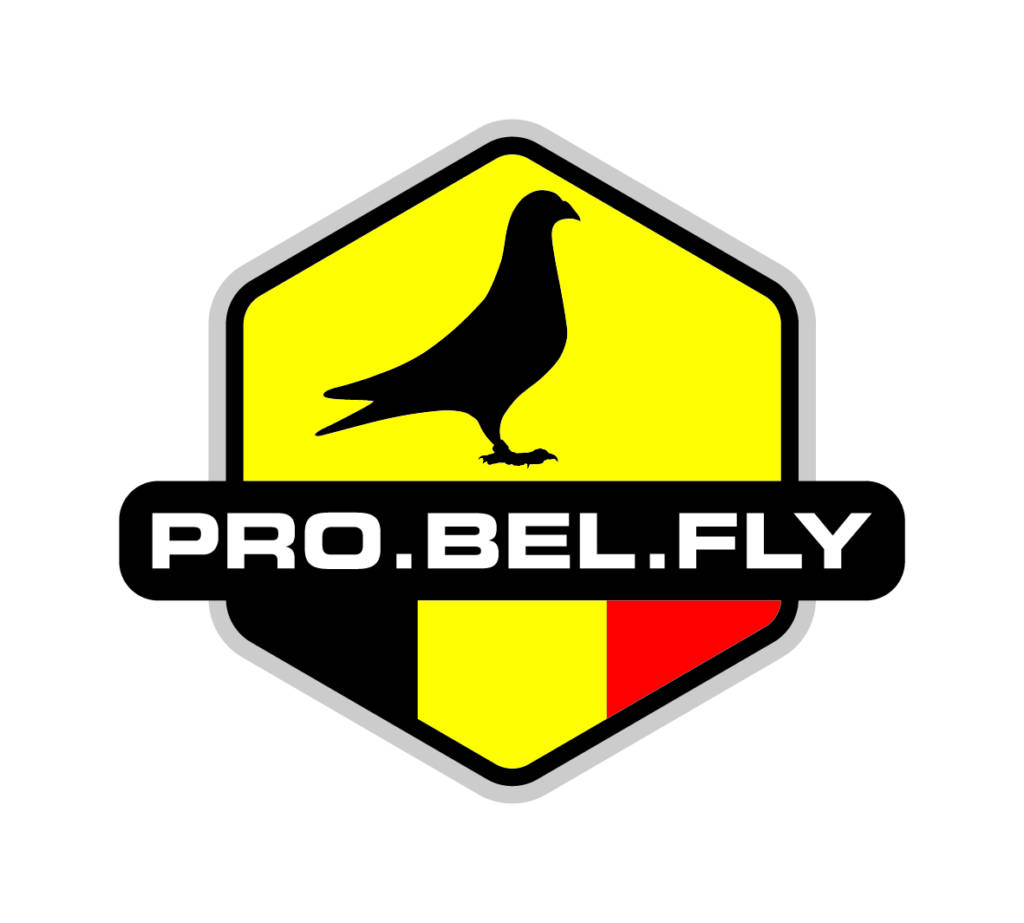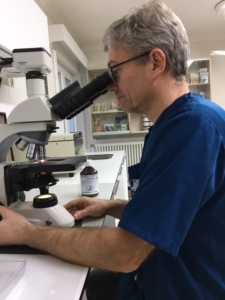Many pigeon enthusiasts are confronted with the occurrence of the so-called “young pigeon disease” at their young racing colony.
The young pigeons have little to no appetite, sit with raised feathers, no longer listen, lose weight and have green-colored slimy droppings, they broke with possibly also mortality.
Many causes can be given for this disease and many treatments are suggested. First of all there are viruses such as circovirus, adenovirus and herpes virus. In recent years, a new virus has emerged, namely the rotavirus, often with disastrous consequences. As an additional complication, a bacterial by-infection with coli bacteria is developed. The combination of the viral infection with often multi-resistant coli bacteria causes a lot of disaster.
What can you do as prevention?
Since this season, combi-vaccines are available to protect the pigeons against outbreaks. Practice has shown that these vaccines certainly have their added value. Ask your vet for advice.
What can you do if you still have an outbreak despite everything?
It is best to first contact the veterinarian and discuss the problem. Nowadays there are many variations in the disease pattern with “young pigeon disease”. Antibiotic drugs are often used too quickly, although these are not always necessary as they are viruses (these can only be treated with a targeted vaccine). Sometimes you can achieve a lot with natural means such as acidification of the drinking water, administration of pre- and probiotics, administration of eg oregano. It is true that “secondary bacterial infections” such as coli are often present, which means that antibiotic treatment is nevertheless justified. However, the big problem is antibiotic resistance. Antibiotics that used to have their effect are no longer effective. A bacteriological examination with associated antibiogram can provide more information. However, these lab tests require some time before the results are known.
Concrete measures for the sudden occurrence of “young pigeon disease”:
- supportive treatment with electrolytes
- regularly and carefully clean and disinfect the loft to reduce the infection pressure in the loft
- give a little and easily digestible food for 3 days since the gastrointestinal system is practically stationary
- give pre-and probiotics or oregano to support the intestinal flora
- give a liver-supporting preparation (HEPASAN Probelfly) to support the liver (this promotes recovery)
- scientific studies have shown that extracts based on Ribes Nigrum (black currant) (DOLOSAN Probelfly) can inhibit the multiplication of herpes virus, among other things
- If there is no real improvement after a few days, you should contact your veterinarian and discuss with him which antibiotic can be given, possibly after performing a bacteriological examination and an antibiogram.




